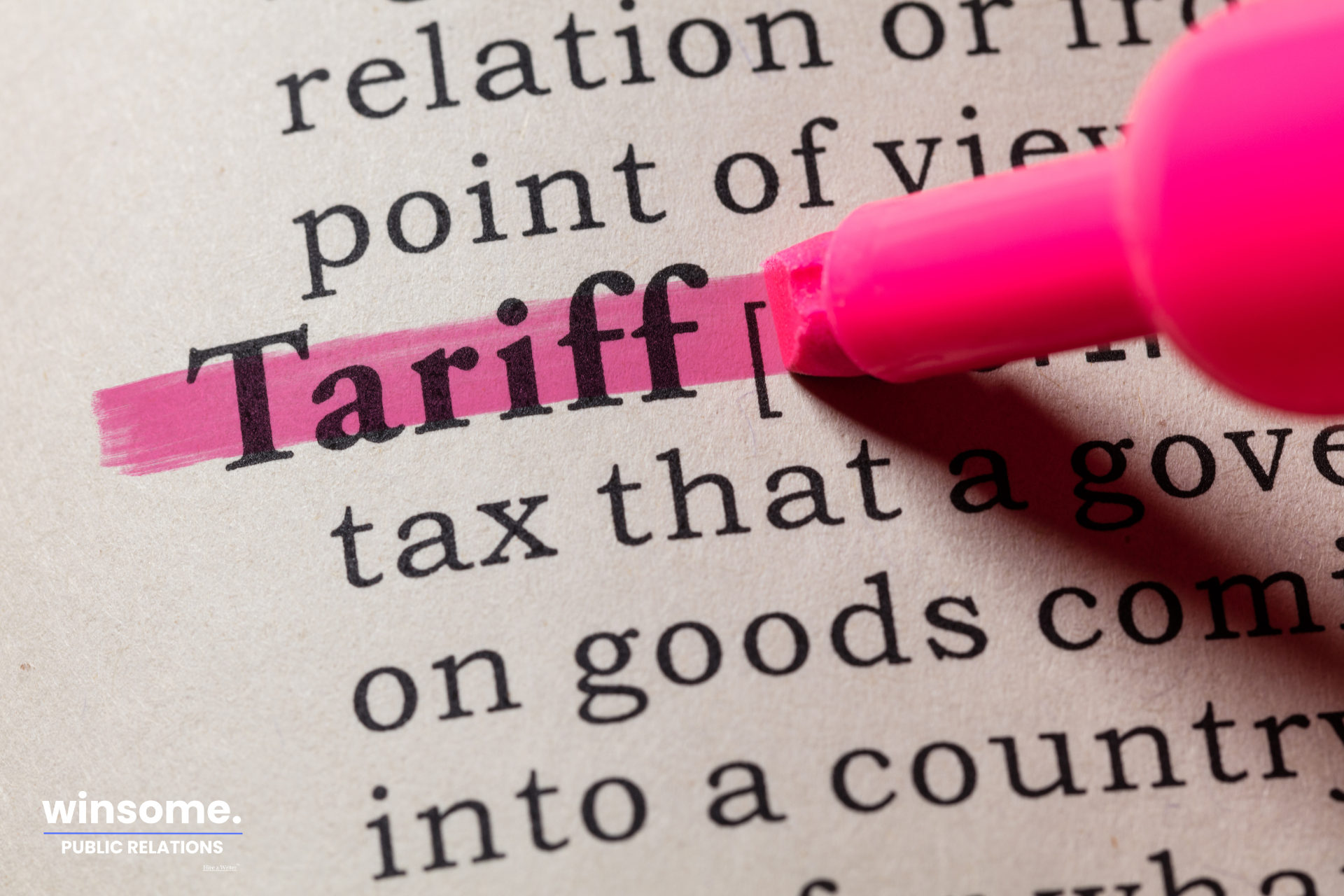How PR Teams Can Navigate Tariff Challenges with Strategic Communication
So you know those new tariffs on stuff from China, Canada, and Mexico that just kicked in? Yeah, the ones making everyone in PR departments...

When most people think about crisis communications, they imagine some poor PR person frantically downing their fifth espresso at 3 AM while crafting the perfect "We deeply regret to inform you..." statement. You know, the kind of high-octane drama that would make a decent B-plot in a movie nobody watches on airplanes. But here's the thing – and I hate to be the bearer of boring news – the real heroes of crisis comms aren't the quick-thinking wordsmiths who save the day. They're the painfully prepared nerds who did all the unsexy work months before anyone even smelled smoke.
Let's be honest for a second. We all like to imagine ourselves as the communications equivalent of an action hero – swooping in at the last second with the perfect tweet that salvages your company's reputation while the executive team slow-claps in the background. In reality, if you're trying to build trust with your executive team while your company is actively on fire, you're already toast. Burnt, sad, forgotten toast.
The most effective crisis communicators aren't firefighters. They're architects with an unhealthy obsession for fireproofing. They're not spending their time practicing dramatic speeches in the bathroom mirror. They're designing systems that let their organization respond with the speed and grace of a caffeinated cheetah.
Having a dusty three-ring binder labeled "CRISIS PLAN" is about as useful as that gym membership card you've been carrying around since 2017. It exists, technically, but nobody's actually using it when things get serious.
Real preparation isn't about documentation. It's about embedding practical readiness into your company's DNA. Here's what actually matters:
Become best friends with leadership (or at least someone they don't hate talking to): A communicator who hasn't earned respect before the crisis hits won't suddenly get it when everyone's losing their minds. Invest time aligning with executives on your role and judgment. When seconds count, the last thing you need is your CEO wondering if you know what you're talking about.
Decide who decides – before everyone's arguing: Nothing tanks a crisis response like twelve people all thinking they have final say on the press release. Define who makes the call on messaging, who faces the cameras, and what gets shared with employees before the outside world. Having those roles crystal clear saves you from the special hell of reply-all email chains when time is precious.
Write stuff before you need it: You don't need a finished speech for every possible disaster scenario (alien invasion, CEO caught wearing socks with sandals, etc.), but you do need solid starting points. Draft a few paragraphs for common crises like data breaches, workplace incidents, or product recalls. When emotions are running higher than gas prices, you'll thank yourself for having something better than a blinking cursor.
Train your spokespeople until they hate you a little: The first time your CEO faces hostile questions should not be during a live interview about your massive screwup. Regular media training builds the muscle memory leaders need to stay credible instead of looking like they're being held hostage.
Tell your people first, or they'll never forgive you: Nothing destroys trust faster than employees learning about company problems from their Twitter feed while on the toilet. Your people should always hear bad news from you directly, quickly, and honestly. Set up systems that make this possible – text alerts, manager talking points, or a dedicated email channel that doesn't get used for announcing birthday cupcakes in the break room.
Test your plan like you're trying to break it: A plan that only exists on paper is just organized wishful thinking. Run tabletop exercises regularly to spot the gaps, confirm everyone knows their role, and generally prepare for the inevitable. Because it's not if a crisis will hit, it's when. And probably right before your vacation.
When you do this prep work right, a crisis doesn't feel like pure panic with a side of acid reflux. It feels like activation.
Instead of scrambling to write statements between stress-crying in the supply closet, you can focus on actual judgment calls – how much to share, how to balance legal concerns with not sounding like a robot, how to express genuine empathy without making things worse. Those nuanced decisions require clear thinking, which only happens if the logistics are already handled.
Think of it like rehearsing for a play. The performance will still have surprises (like that one audience member who won't stop coughing), but because everyone knows their lines and blocking, the cast can adapt without the whole thing falling apart.
Want to know if your organization is actually prepared? Here's a starter checklist:
If you hesitated on any of these, congratulations – you've identified your homework. The best time to fix these gaps was yesterday. The second-best time is right now, before everything's on fire.
Let's get real for a second. Crises rarely destroy reputations just because of what happened. More often, it's the response that people remember – the awkward silence, the corporate-speak denial, the confusion, or the way employees felt like they were the last to know important information about their own workplace.
That response is only as good as the preparation behind it. According to Harvard Business Review, organizations with established crisis protocols recover from reputational damage three times faster than those without them.
Don't wait until you're sprinting into the burning building with a single water bottle. Be the person who designed the sprinkler system, planned the evacuation routes, and ran all those annoying fire drills months before. That's what separates communicators who merely survive crises from those who actually lead through them.
And if all else fails, consider taking up meditation. At least you'll be calm while everything falls apart.

So you know those new tariffs on stuff from China, Canada, and Mexico that just kicked in? Yeah, the ones making everyone in PR departments...
.png)
You know what's ridiculous? The whole concept of crisis management these days. I mean, seriously, who would've thought that a company could actually...

Let's face it, folks – we're all human, and humans are really, really good at messing things up. It's like our superpower, except instead of flying...